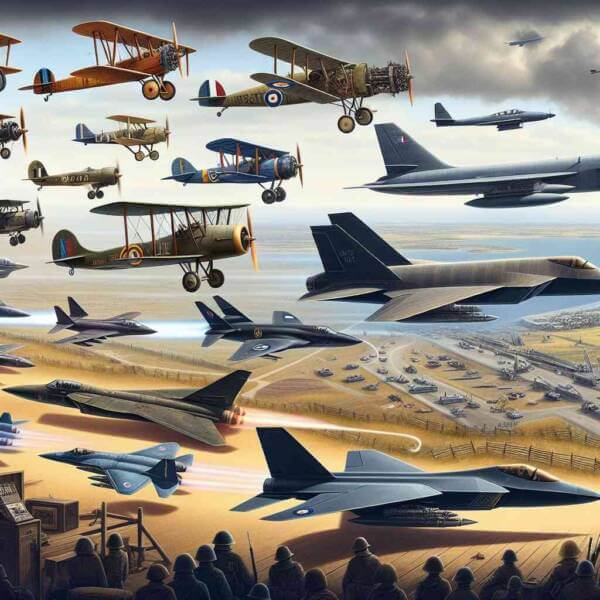How Military Aviation is Shaping Global Defense
How Military Aviation is Shaping Global Defense
Blog Article

Military aviation is a cornerstone of modern defense strategies around the world.
Nations invest heavily in military aviation to enhance defense capabilities.
History of Military Aviation
Military aviation started during the dawn of aerial warfare, with aircraft initially used for reconnaissance.
Major milestones in military aviation history include:
- Development of air combat tactics
- Massive growth in air power
- The Cold War era
- Modern drone warfare
Each era brought more powerful aircraft that pushed the limits.
Types of Military Aircraft
Understanding the types of military aircraft helps in appreciating the complexity of modern air forces.
Common categories of military aircraft are:
- Planes built for speed and agility
- Planes that deliver heavy payloads
- Planes used to move troops and equipment
- Reconnaissance and surveillance drones
Each type plays a vital role in military operations, from supporting ground forces.
Why Control of the Skies Matters
Air superiority is essential for achieving military success.
Strategic advantages of air dominance:
- Providing close air support
- Disrupting enemy supply lines
- Early warning and real-time data
- Demonstrating power and deterrence
Nations with strong military aviation capabilities can control conflicts.
The Next Generation of Military Aircraft
Constant research and development push boundaries for future warfare.
Cutting-edge developments:
- Stealth technology
- Ultra-fast strike capabilities
- Autonomous drones
- New forms of aerial weaponry
These advancements increase survivability for air forces worldwide.
Risks and Limitations
From high costs to geopolitical tensions, the road to air dominance is check here a constant battle.
Major obstacles to overcome:
- Budget constraints for defense programs
- Rapid technological changes
- Securing digital communications and data
- Ethical concerns with autonomous weapons
Addressing these challenges is crucial to staying ahead.
What Lies Ahead
The future of military aviation promises radical innovations.
Likely developments:
- Smarter decision-making systems
- Military satellites and space-based weapons
- Eco-friendly military aircraft
- Joint defense projects
The next era of military aviation will shape the future of global security.
Conclusion
Military aviation remains a decisive factor in global defense.
As technology continues to evolve, the skies will remain a frontline of innovation where military aviation protects nations.
The future of military aviation is limitless — and it’s only just beginning. Report this page